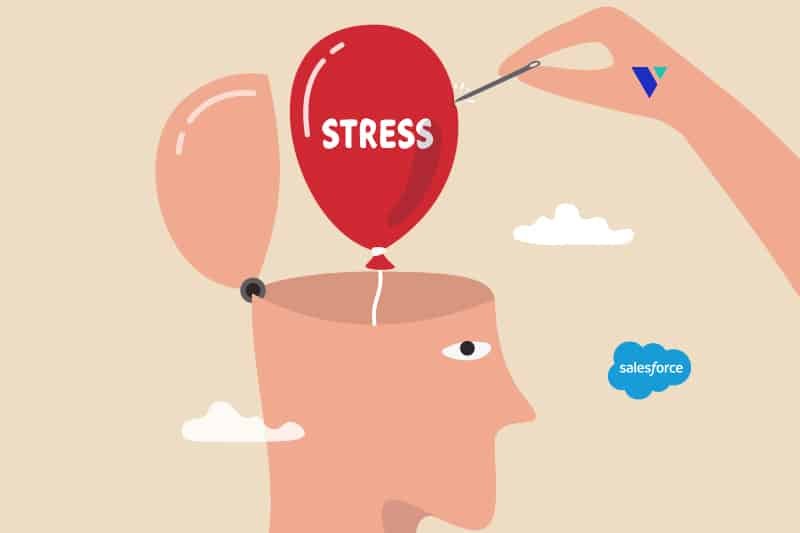Tips for Maintaining a Healthy Bladder: Advice from Urology Experts

Taking care of your bladder health is essential for overall well-being, but it’s often overlooked until problems arise. Whether it’s frequent trips to the bathroom, discomfort, or urinary tract infections, bladder issues can significantly impact your quality of life. Fortunately, there are proactive steps you can take to support your bladder health, based on insights from urology experts. In this guide, we’ll cover practical tips to help you maintain a healthy bladder and avoid common urinary problems. To support your bladder health, finding reliable Canadian medical supplies online can make a difference in your self-care routine.
Understanding Bladder Health: The Basics
The bladder is a muscular, balloon-shaped organ that stores urine before it’s excreted from the body. It plays a crucial role in the urinary system, working alongside the kidneys, ureters, and urethra to manage the removal of waste. Keeping your bladder healthy ensures not only comfort but also the efficient functioning of your entire urinary system.
Common Bladder Health Issues
Bladder problems can range from mild discomfort to more severe conditions that require medical intervention. Here are some common issues to be aware of:
- Urinary Tract Infections (UTIs): Bacterial infections that can cause burning, frequent urination, and pelvic pain.
- Overactive Bladder (OAB): Characterized by sudden urges to urinate, often leading to leakage.
- Urinary Incontinence: The loss of bladder control, ranging from occasional leakage to full loss of control.
- Bladder Stones: Hard masses formed from minerals in the urine, often causing pain and discomfort.
If you experience any of these symptoms, it’s essential to consult a healthcare professional for diagnosis and treatment. Maintaining bladder health becomes even more crucial as we age, as the natural elasticity of bladder muscles can decrease over time, leading to reduced capacity and control. Additionally, lifestyle factors such as diet, hydration habits, and physical activity play a pivotal role in bladder health. Being proactive with your health choices is key to minimizing the risk of bladder-related issues.
Tips for Maintaining a Healthy Bladder
To maintain optimal bladder function and reduce the risk of problems, consider incorporating these expert-backed tips into your daily routine.
1. Stay Hydrated but Smart
Drinking plenty of fluids helps flush out toxins and keeps your bladder functioning efficiently. However, not all drinks are equally beneficial. Water should be your primary source of hydration, while limiting caffeine, alcohol, and sugary beverages can reduce bladder irritation.
How Much Water Is Enough?
Urology experts generally recommend drinking around 8 cups (64 ounces) of water per day. However, individual needs may vary based on factors like age, activity level, and health conditions.
2. Practice Bladder Training
Bladder training involves teaching your bladder to hold urine for more extended periods, reducing the frequency of bathroom visits. Start by spacing out trips to the bathroom by 15 minutes and gradually increase the interval as your bladder adapts.
Benefits of Bladder Training:
- Improves bladder control
- Reduces symptoms of overactive bladder
- Helps manage incontinence
3. Eat Bladder-Friendly Foods
Certain foods can irritate the bladder and trigger symptoms of urgency or discomfort. Here are some dietary tips to keep your bladder happy:
- Include fiber-rich foods: Whole grains, fruits, and vegetables can prevent constipation, which indirectly benefits bladder function.
- Avoid bladder irritants: Spicy foods, artificial sweeteners, and acidic fruits can trigger bladder symptoms in some people.
- Eat probiotics: Foods like yogurt and kefir support gut health, which can indirectly affect bladder health.
Exercises to Strengthen Your Bladder
Just like any other muscle, your bladder and pelvic floor muscles benefit from regular exercise. Strengthening these muscles can help improve bladder control and reduce leakage.
Pelvic Floor Exercises (Kegels)
Kegel exercises involve tightening and relaxing the pelvic floor muscles to build strength. Aim to perform these exercises several times a day for optimal results.
Bladder Relaxation Techniques
Stress can exacerbate bladder problems, so learning relaxation techniques like deep breathing and progressive muscle relaxation can help. Incorporating these practices into your routine can support bladder health over the long term.
When to Seek Professional Help
While these tips can significantly improve bladder health, some symptoms warrant a visit to a healthcare provider. Seek medical advice if you experience:
- Persistent pain or burning during urination
- Blood in the urine
- Frequent nighttime urination (nocturia)
- Sudden changes in bladder habits
Getting timely advice from a urologist can help you address potential issues before they escalate. Additionally, finding reliable Canadian medical supplies online can support your self-care routine.




